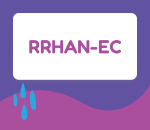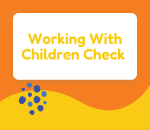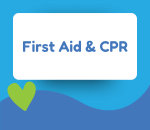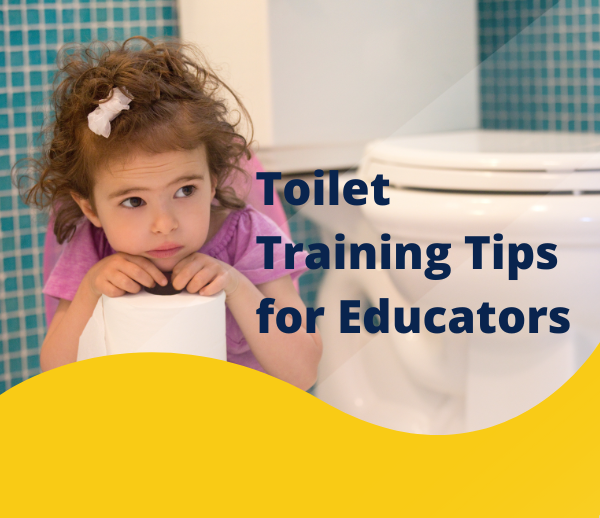What the New Early Childhood Education and Care Regulations Mean For Educators
What the New ECEC Regulations Mean for Educators The Australian Government’s new legislation to strengthen early childhood education and care (ECEC) regulation is designed to ensure safety and quality remain at the centre of all services. While the biggest compliance responsibility sits with providers, educators will also feel the impact in day-to-day practice. Key Changes…
What the New ECEC Regulations Mean for Educators
The Australian Government’s new legislation to strengthen early childhood education and care (ECEC) regulation is designed to ensure safety and quality remain at the centre of all services. While the biggest compliance responsibility sits with providers, educators will also feel the impact in day-to-day practice.
Key Changes Educators Should Be Aware Of
- Higher expectations for quality and safety: Every educator’s practice contributes to whether a service meets the required standards for CCS approval and ongoing compliance. Consistency in quality is now under closer scrutiny.
- Spot checks and unannounced visits: Authorised officers may arrive without notice to observe practice, review documentation, or speak with educators about policies and procedures.
- Greater transparency: Families will have more access to compliance actions against services, which makes your role in maintaining quality practice more visible.
- Team accountability: Services that repeatedly fall below the minimum standards may be restricted from expanding or, in extreme cases, lose CCS approval. A strong team approach to compliance is vital.
- Focus on continuous improvement: Educators are expected to actively contribute to reflective practice, planning, and professional learning that enhance service quality.
What Educators Can Do
- Know the Standards: Refresh your understanding of the National Quality Framework (NQF) and how it guides daily practice.
- Stay Prepared: Keep documentation up to date — learning stories, observations, and planning records should reflect current practice.
- Be Engaged: Take part in team discussions on quality improvement and be open to feedback and learning.
- Prioritise Safety: Always follow policies for child safety, health, and wellbeing. If in doubt, ask questions or seek clarification.
- Communicate with Families: Transparent, positive communication supports family trust — especially as compliance actions will be publicly available.
Why It Matters
The government has been clear: CCS approval depends on providing safe, high-quality education and care. For educators, this means your role is not only about creating engaging learning environments but also about upholding the professional standards that protect children and support families.
For further guidance, educators can:
- Visit ACECQA for resources and updates
- Speak with their service leaders or providers about compliance expectations
- Review the Department of Education’s media release for more details on the legislation
Permanent and Temporary Early Childhood Education and Care Recruitment
Thank you for reading our latest blog. If you are an educator, click to Search Jobs. If you are a client looking to find your next permanent or temporary staff member, Entrée Early Years can help. Hire or book early childhood staff today.
______________________________________________________________________________________






